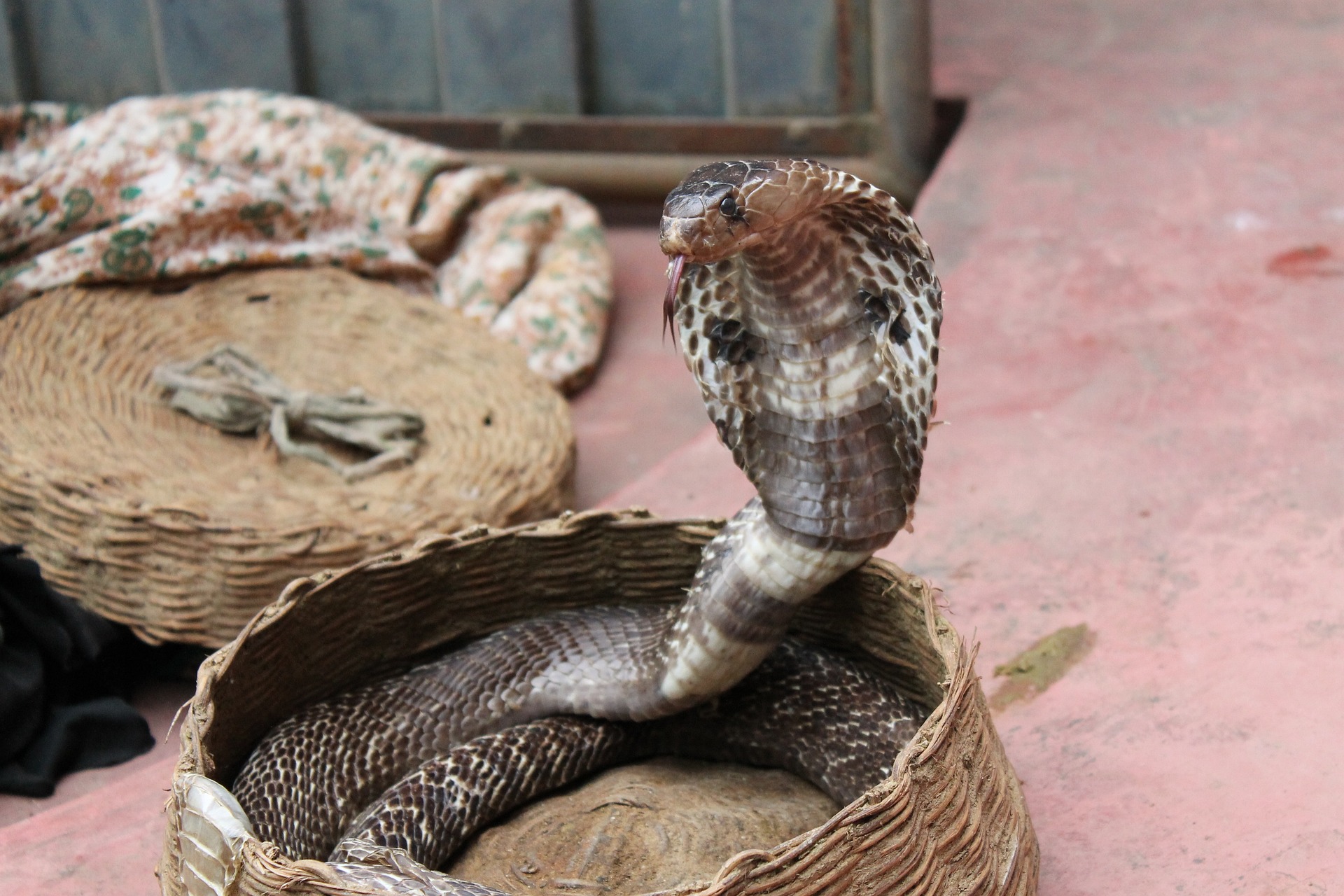Snakes have been a subject of fascination and fear for centuries. These reptiles are known for their slithering movements, scaly skin, and venomous bites.
Many people believe that snakes can sense fear in humans and that this ability makes them more likely to attack. But is there any truth to this belief?
In this article, we will answer the question: do snakes sense fear?
Understanding Snake Senses
Before diving into whether snakes can sense fear, let’s first understand their senses.
Snakes have a unique sense of smell, which they use to detect prey and potential predators. They also have a keen sense of hearing, which allows them to pick up vibrations and low-frequency sounds.
Their eyesight, however, is not as sharp as their other senses, and they rely more on their sense of smell and heat detection to navigate their surroundings.
Do Snakes Sense Fear?
There is no scientific evidence to suggest that snakes can sense fear in humans.
While snakes have a highly developed sense of smell and hearing, they cannot detect emotions like fear in humans.
Snakes are more likely to react to sudden movements or vibrations than to the emotional state of their prey.
However, it is important to note that snakes are instinctive to defend themselves when they feel threatened.
If a human approaches a snake too closely or invades its territory, it may feel threatened and attack in self-defense.
This reaction is not based on the human’s emotional state but rather the snake’s natural response to a perceived threat.
Tips for Avoiding Snake Encounters
While snakes cannot sense fear, it is still important to take precautions when in areas where snakes are known to live. Here are some tips for avoiding snake encounters:
- Wear protective clothing such as long pants and boots when hiking or working in areas where snakes are present.
- Stay on designated trails and avoid walking through tall grass or other areas where snakes may be hiding.
- It’s important to stay alert to your surroundings and watch out for snakes. They are most active during the year’s warmer months and tend to hide in cooler areas during the hottest parts of the day.
- If you do encounter a snake, it’s best to remain calm and avoid approaching or touching it. Give it plenty of space to move away on its own.
FAQS
What are some common myths about snakes sensing fear?
One common myth is that snakes can “smell” fear through a person’s sweat. Another myth is that snakes will attack or become more aggressive toward a person who is afraid of them.
Can a snake’s behavior change if it senses danger?
Yes, if a snake senses a potential threat, it may become defensive and try to defend itself by biting or hissing. However, this behavior is not necessarily related to a person’s fear.
Are snakes afraid of humans?
Snakes are generally not afraid of humans, as they don’t perceive humans as predators. However, their behavior towards humans can vary depending on the species and the situation.
Some snakes may become defensive or aggressive if they feel threatened or cornered, while others may try to flee.
It’s important to treat all snakes respectfully and avoid approaching or handling them unless you are trained to do so.
Conclusion
While snakes have a highly developed sense of smell and hearing, no scientific evidence suggests that they can sense fear in humans. Snakes are more likely to react to sudden movements or vibrations than to the emotional state of their prey.
However, it is still important to take precautions when in areas where snakes are known to live to avoid potential encounters.
Related Articles:
Why do snakes turn upside down when they die? 3 Reasons
how to get a snake out of a hole?
10 Reasons Why do snakes eat themselves?

